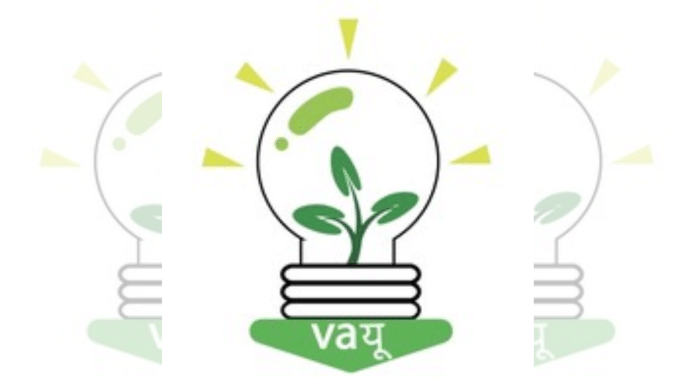Thank you dear subscribers, we are overwhelmed with your response.
Your Turn is a unique section from ThePrint featuring points of view from its subscribers. If you are a subscriber, have a point of view, please send it to us. If not, do subscribe here: https://theprint.in/subscribe/
Project Vayu was founded by three teenage high school students: Savya Meattle, a 12th-grade student at Vasant Valley School; Krish Aggarwal, a 10th-grade student at Sanskriti School; and Samarth Meattle, a 9th-grade student at Vasant Valley School.
They believe that clean air in their hometown of Delhi NCR has become a luxury rather than a guaranteed right, as the Constitution outlines. The right to clean air is ensured under Article 21 of the Indian Constitution, which guarantees the right to life and to live in a healthy environment.
Those who can afford expensive air purifiers can filter and protect themselves from polluted air, while those who cannot do so suffer in silence.
According to research by the University of Chicago, the average Delhi resident loses up to twelve years of life due to air pollution.
Recently, under orders of the Hon. The Supreme Court of India, Delhi NCR implemented extended GRAP 4 (Graded Response Action Plan) measures to address the effects of air pollution when the Air Quality Index (AQI) exceeds 450. This represents a dangerously high level of air pollution that the region has not experienced before and indicates a pressing need for solutions to assist those most affected by this decline in air quality.
Hazardous levels of PM 2.5 (particulate matter less than 2.5 micrometres in diameter) disproportionately impact the less well-off.
Project Vayu believes a policy change is necessary to reduce PM 2.5 emissions.
However, implementing such policies can take many years unless Delhi residents prioritise it for the politicians in the upcoming Delhi State elections.
Therefore, they have focused on a short-term self-help solution: making air filtration more accessible.
The team at Project Vayu has developed an ultra-low-cost air filter, priced at INR 150 per filter plus GST for schools (supported by donations) and INR 500 plus GST for retail.
This filter wraps around the grille of a table or wall fan and inflates into a balloon-like shape when the fan is turned on. This innovation converts the fan into an effective makeshift air purifier. Using electrostatic attraction, it pulls suspended particulate matter toward it and enhances filtration efficiency.
The filter has been tested and proven to reduce PM 2.5 levels by over ninety per cent in an approximately 200/250 ft² closed room within one hour.
Based on ambient PM 2.5 levels, the filter life ranges from two weeks to a month during peak pollution periods, leading to costs between 150 INR and 300 INR. Table fans are available for a one-time fee of ~INR 2,000 plus GST for those without a fan.
In comparison, other air purifiers designed for similar room sizes cost thousands of rupees.
While the effectiveness of these purifiers is a few percentage points higher than that of Project Vayu’s solution, they remain inaccessible to a large portion of the population.
Throughout its journey, Project Vayu has been supported by Hollingsworth & Vose (H&V), a multinational corporation and advanced materials manufacturer. H&V conducted joint research with Project Vayu and sponsored the filter material for the pilot run of the filters. They also filed a joint copyright for the filter design. Savya, Krish, and Samarth appeared on Season 2, Episode 3 of H&V’s video podcast, “The Air Exchange,” available on YouTube.
Project Vayu has already produced and distributed 602 filters in their pilot run, impacting approximately 8,000 students across 295 classrooms in four schools in Delhi NCR. They chose to work with schools to assist young students most vulnerable to air pollution.
When the pilot concludes, Project Vayu aims to expand within the NCR and install 5,000 school filters by 2025. In the coming years, they hope to expand into North India and install over 30,000 filters.
Project Vayu is collecting feedback from its pilot run and hopes to raise awareness about its mission and impact.
These pieces are being published as they have been received – they have not been edited/fact-checked by ThePrint.


